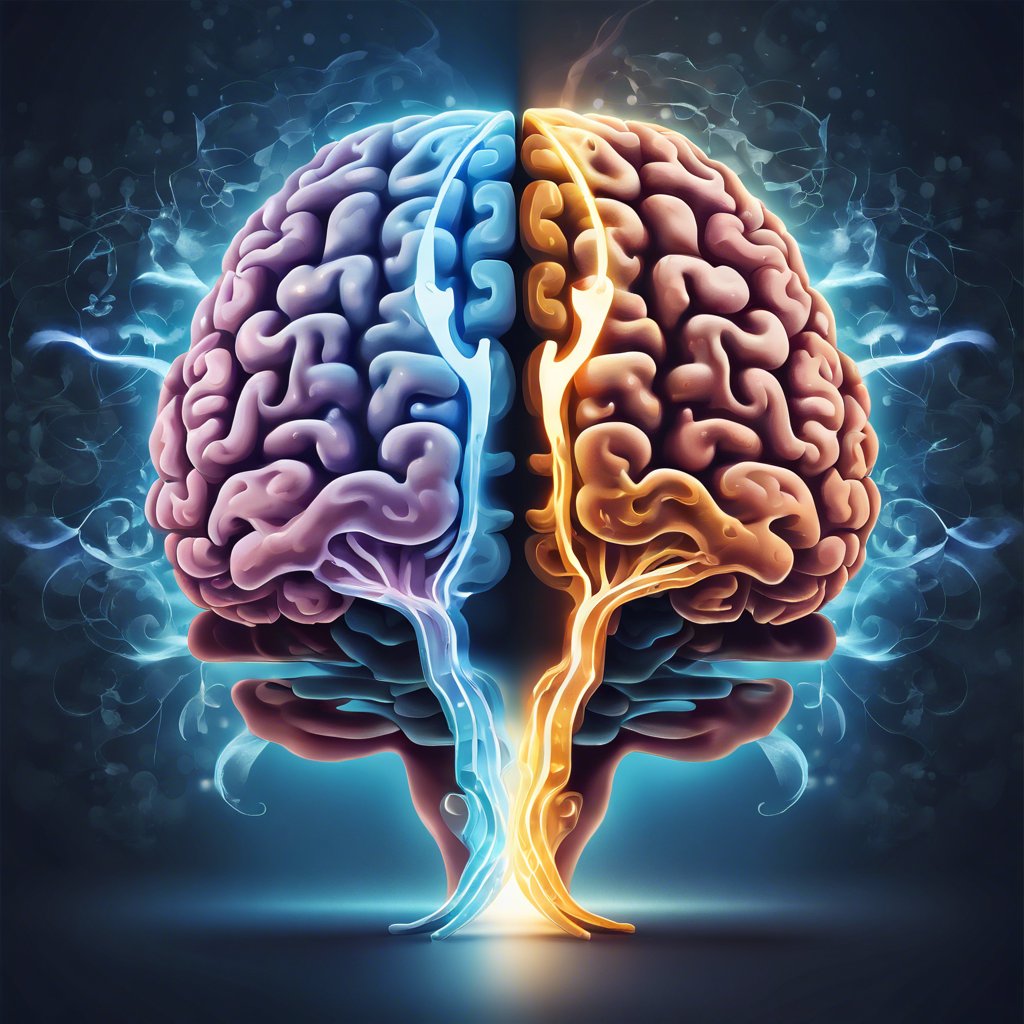Murat Ülker, Yıldız Holding Board Member, Pladis and GODIVA Board Chairman, shared on his personal website the new book by Prof. Dan Ariely ‘False Beliefs’ He shared his article, which questions our false beliefs and their consequences in daily life, based on his book, with his readers. Ülker included the following statements in his article:
The subject of this article is to question our false beliefs and their consequences in daily life, based on the book “False Beliefs” written by Prof. Dan Ariely, which has just hit the shelves. And this is in an age where everyone thinks their own beliefs are true. Believe me, this is the most important issue that has been bothering me lately.
The Book of ‘False Beliefs’ and Dan Ariely
Dan Ariely is a professor of psychology and behavioral economist who has achieved significant success at Duke University. In his book “False Beliefs”, he questions and examines our false beliefs in depth, inspired by his own experiences and people he knows. Ariely examines why people are prone to false beliefs under four elements: Emotional Elements, Cognitive Elements, Personality-Related Elements, and Social Elements.
Factors Causing False Beliefs
- Emotional Elements:The effects of emotional factors such as stress, learned helplessness, and resilience on false beliefs.
- Cognitive Elements:Factors such as cognitive dissonance, confirmation bias, and intellectual humility reinforce false beliefs.
- Personality Elements:The effects of personality factors such as narcissism, retrospective bias, and illusory correlation on false beliefs.
- Social Elements:Social forces, feelings of exclusion, and social acceleration reinforce false beliefs.
Trust and Misconceptions
According to Ariely, the harmful effects of false beliefs may increase in the future and distrust may shake the foundations of society. He emphasizes that efforts should be made to re-establish trust. He states that trust is important for a healthy society and states that the spiral effect of distrust may increase distrust.
He states that education systems need to be updated so that people can make the right decisions in the face of complex information. He touches on the importance of empathy and understanding people.













